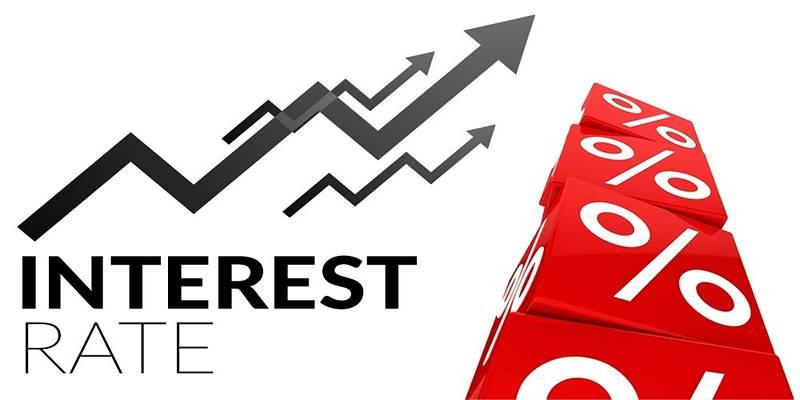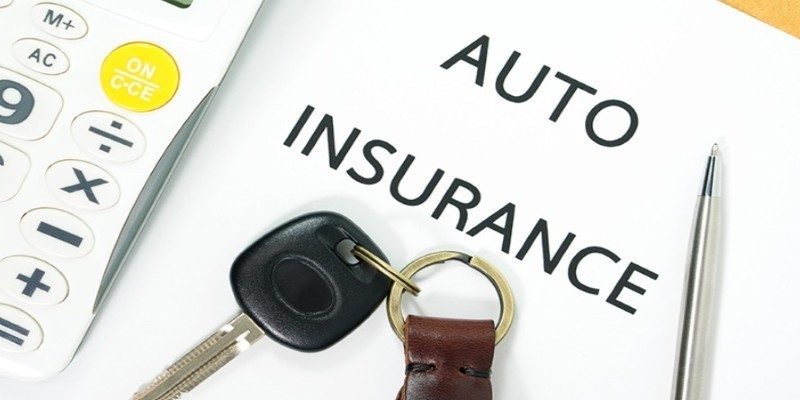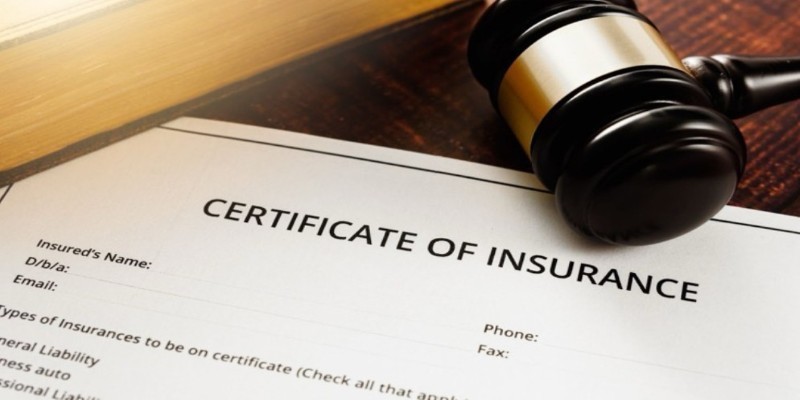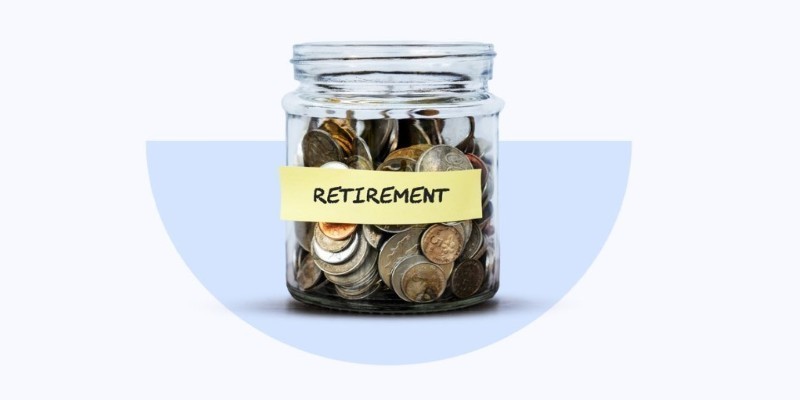A credit score of 670 is usually thought of as "middle of the road." It's not the best, but it's also not the worst. What makes something good or bad rests on the situation in which it's being judged. If your score is in this range, it might be harder to get some of the best financial products, but you can still choose from a number of choices. Let’s delve deeper into how a 670 credit score can affect various aspects of your financial life.
Is 670 a Good or Bad Credit Score?
A 670 credit score is generally seen as a mixed bag—it’s not terrible, but it’s not great either. Let’s break down some of the factors that influence how a 670 score will be perceived:
1. Credit Card Approvals
A 670 credit score generally means you're likely to be approved for many standard credit cards. However, don’t expect to be eligible for the best rewards cards, premium cards, or cards offering 0% introductory APRs. With this score, you may be approved for entry-level credit cards that offer basic rewards or cashback, but the perks won't be as abundant or valuable as those associated with higher credit scores.
Additionally, your interest rates will likely be higher, which can result in greater overall costs if you carry a balance from month to month. If you’re looking for credit cards that offer additional benefits like travel rewards, purchase protection, or extended warranties, you might struggle to qualify for those without a higher score.
2. Loans and Mortgages
When it comes to securing personal loans, car loans, or mortgages, a 670 credit score will likely put you in the running, but with higher rates compared to those with a higher score. If you apply for a personal loan, lenders will see you as a moderate-risk borrower. It means they might approve your loan application but will charge a higher interest rate to offset that risk.
For mortgages, a 670 score can still help you secure a home loan, but you might need to make a larger down payment. Lenders may also offer higher interest rates than they would to someone with a credit score in the "Good" or "Excellent" range. In particular, for first-time homebuyers, this can significantly impact the total amount paid over the life of the loan. You could find that your monthly payments are higher than if your credit score were closer to 740 or 750.
3. Car Loans

A 670 score puts you in a better position than someone with poor credit when it comes to financing a car. However, you may still face higher interest rates compared to those with higher credit scores. While car dealerships might offer financing deals, the rates might not be as favorable as what someone with a higher score might receive. In some cases, you might qualify for promotional financing offers, but these can often be limited to specific models or require higher down payments.
Even if you are able to secure a loan, the interest rate could add up over time, making your car purchase more expensive in the long run. Suppose you’re planning to finance a vehicle. In that case, it’s important to shop around and compare offers from multiple lenders, including banks and credit unions, to ensure you’re getting the best possible deal.
4. Renting an Apartment
A 670 credit score generally falls within an acceptable range for many landlords, but it’s not guaranteed to get you the best rental terms. Some landlords and property managers may be stricter about tenant qualifications, especially in highly competitive rental markets.
While a 670 score is often good enough for renting an apartment, you may still encounter landlords who have more stringent criteria, particularly if they are looking for tenants with "Good" credit or higher. In some cases, landlords might ask for a larger security deposit or require a cosigner to mitigate the risk of renting to someone with a moderate credit score.
5. Insurance Premiums
A 670 credit score may also impact your insurance premiums. Many insurers use credit-based insurance scores to help determine premiums for auto and homeowners insurance. In some states, insurers are allowed to factor in your credit history when calculating how much you will pay for coverage. While a 670 score isn’t considered bad, it can still result in higher premiums than someone with a higher credit score.
Insurance companies believe that individuals with lower credit scores are more likely to file claims, which is why they may charge them higher premiums. If you're in a state where insurance companies can use credit scores for pricing, it might be worth shopping around and comparing quotes from different insurers to ensure you’re getting the best rate.
6. Interest Rates on Credit Cards and Loans

Beyond mortgages and car loans, a 670 credit score can affect the interest rates you receive on any form of credit. Credit cards and loans come with an interest rate attached, and this rate can vary significantly depending on your credit score. A 670 credit score typically places you in the "Fair" category, meaning you can expect to be offered higher-than-average interest rates on loans and credit cards.
This higher interest rate means you’ll end up paying more in interest over time, which can add up quickly. If you plan on carrying a balance on your credit cards or taking out a loan, it’s important to factor in the additional cost of these higher rates.
Conclusion
A 670 credit score is considered fair—it offers access to credit and loans but often comes with higher interest rates and less favorable terms. While it's not a poor score, it places you at a disadvantage compared to those with higher scores. Improving your credit score can lead to better financial opportunities, such as lower interest rates, higher credit limits, and more favorable loan terms. By focusing on timely payments, reducing debt, and managing credit responsibly, you can gradually enhance your score.












